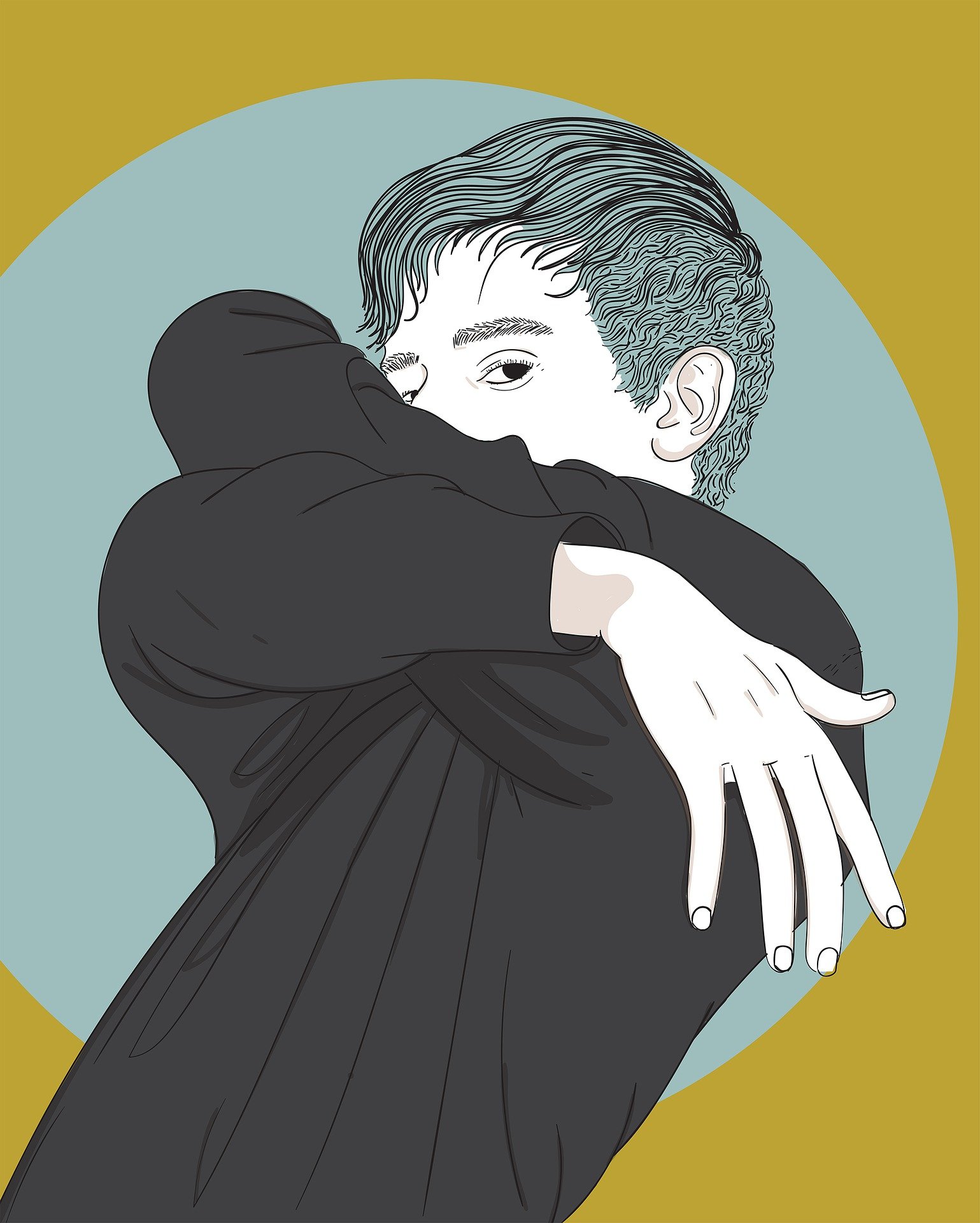“I’m never going to become a writer!”
“I’m not good enough for my boyfriend!”
“I’m such an idiot for not figuring out what to do with my life!”
By the time I got out of the shower this morning, I’d already beaten myself up with my own thoughts. The words I was hearing in my own messy-haired head were not only defeating but downright mean.
Have you ever caught yourself doing this?
It’s not your fault. We all have this strong judge inside of us who’s constantly finding faults with ourselves, others, and circumstances. She’s brutal. She’s the part that would shout at you instead of giving you a hug when you’re feeling run-down, exhausted, insecure, or all of that at once.
Don’t let her voice own you. As Shirzad Chamine writes in his New York Times bestselling book Positive Intelligence: “For most people, having true empathy for oneself is the hardest thing to do. Why? You guessed it—the Judge’s pervasive interference.”
I’m sensitive. I’m also ambitious. But at the same time, I’m my own worst enemy. If I talked to my neighbor across the hall the way I talk to myself, she’d move out in an instant and leave a notice on our apartment building wall, warning people about how cruel I am.
When do we need self-empathy the most?
If you’re anything like me, you’ve had this idea that the only way to get things done and be good enough is to be hard on yourself. Much like the shower scene above, we yell at ourselves. We curse. And we punch. We might not even notice our mean words. But we feel them. So, we learn to punish ourselves with harsh words instead of empathizing. It’s become a habit. We think it makes us stronger.
But it doesn’t.
Instead, in the words of Chamine: “[…] Denying yourself empathy is not a sign of strength, as the Judge would have you believe. It’s setting yourself up for constant beating.”
And when you’re beaten down (even by yourself), it’s hard to figure out how to best move forward, and it can be harder to show empathy for others too.
You want to give yourself empathy every day, as you’re likely to be unkind to yourself every day. But this is especially true when you’re having a hard time. According to Chamine: “It (self-empathy) is most useful when the recipient of the empathy—whether you or someone else—is feeling some emotional pain and difficulty. Think of empathy as the power you should use when the emotional reserve is running low, and the person needs some recharging before moving on with problem-solving action.”
For example, imagine you just received some bad news. Another project has been canceled or your brother just got COVID-19. Ask yourself: what’s the strength of your emotional reserve? Are you in need of a recharge before you move on with your day and tasks?
Here are four steps to recharge yourself with empathy:
When you’re in this state and beating yourself down, it’s hard to figure out how to stop it. Our minds are fickle. Bad habits are hard to break, but here are some ideas to limit, and ultimately, stop your self-imposed beating and make self-empathy your invisible superpower.
1. Notice that you have a negative feeling. Don’t worry—we all have them. Our brains are not made to keep us happy, but safe, so don’t judge yourself.
2. Stop your thoughts for a few seconds by taking few deep breaths. Ten seconds is good to aim for but go longer if you need to. After all, life is a series of breaths.
3. Ask yourself: what is the most loving and compassionate thing I can tell myself right now? What else? Keep going with this until you feel your words hit you. You know you’ve got it when you feel it in your body and it’s not just words in your head.
Smile and put a hand on your heart if that helps. And if you don’t feel anything—don’t worry. Everything you experience is okay.
4. Give yourself a few seconds before you go on with your day and notice what has shifted in you. Did you breathe easier? Did your shoulders drop? Did you notice anything? The smaller the better. It signifies you are present and back in the land of positive living.
You can even put your hand on your heart and close your eyes to feel more grounded and connected with yourself if it helps.
And when all else fails, steal these two tricks:
Imagine that you reach for the warm, woolen blanket whenever you need to.
Pause for 20 seconds before you walk in the door for the 3 p.m. meeting you’ve been worrying about all day and put on your blanket.
After receiving an email with a complaint, do the same; make the choice to grab your blanket, which is always within arm’s reach.
Self-empathy is your blanket. This magic blanket is always available to you because it’s a part of you. Morning or night, at a party or in a fight, you can warm yourself up before facing the cold.
Picture yourself as a child to better connect with your inner empathetic self. Maybe see yourself in a situation where you’re playing lovingly with your dog, kids, waking up sleepy in the morning, holding the hand of someone sick. You could even get a childhood picture of yourself to look at and have with you. I have a picture of mini-Maria at two years old, all curly-haired and open-eyed on my phone’s screensaver to serve as a secret weapon for when I beat myself up. It’s a reminder of how far I’ve come and that I’m still that two-year-old whom I’d never dream of being so mean to if she was feeling down, scared, or tired. It also reminds me that if I’m not kind to myself, I’m letting my inner judge run and ruin my day.
Tinker with the ideas and steps above.
Breathe.
The whole point of life is to figure out what works best for you.
We’re worth being kind to.
If you enjoyed this article, as a newbie to Elephant Journal, a follow would mean a great deal.
~









Read 1 comment and reply